Car insurance
House insurance
Condo insurance
Tenant insurance
Business insurance
MyAviva: Stay updated on your policy information easily
See policy details, check billing updates, make a payment, download your pink slip, and more!
What's new at Aviva
Meet our 2025 Recipients
We are pleased to announce the ten recipients awarded funding through our Charged for Change program in 2025. We look forward to seeing these projects deliver greater access to electric vehicle charging infrastructure for local residents and businesses.
Aviva Cyber Insurance for your household
Defend against digital risks with a full range of services to protect you and your family from potential cyber vulnerabilities.
Our Net Zero carbon plan by 2040
We’re taking bold action on climate for our customers, communities and our people.
Aviva Cyber Insurance for Business
Aviva Enterprise property policyholder?
Protect your business even more with Aviva Cyber Insurance for Business, a comprehensive cyber insurance plan for your growing business.
Make your claim your way
Now you can tell us your story through our new online digital claims tool. You choose when you submit your claim and how we notify you of the progress by e-mail or text.

Aviva’s commitment to sustainability
Sustainability is a guiding force in everything we do at Aviva. The challenges facing our world – like the climate crisis – affect us all. They impact our lives, our families, and our future.
Our three main areas of focus are:
- Acting on climate change.
- Building stronger communities.
- Embedding sustainability into our business.
Aviva Broker and Customer Awards
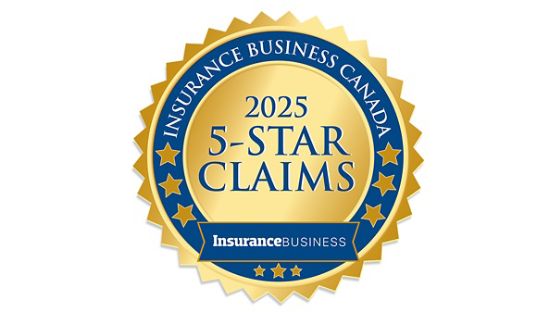
Insurance Business Canada 5-Star Claims
Named a 5-Star Claims Insurer for 2025, voted by our broker partners.

Canada’s Greenest Employers
Named one of Canada’s Greenest Employers for 2025
To see the reasons we were selected, click here.
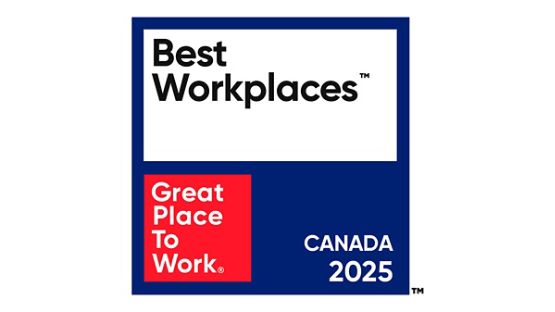
Great Place to Work
Certified as a Great Place to Work in Canada for 2025.
Ranked 3rd among Best Workplaces in Canada.

Toronto Star Readers’ Choice 2024
Named Best Car Insurance Company (Diamond)
Named Best Insurance Company (Gold)
See winners here
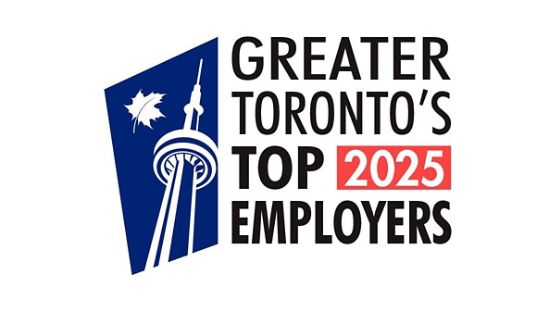
Greater Toronto Top Employer
Named a Greater Toronto Top Employer for 2025.
Click here to see why we were chosen.

Canada’s Clean50 Top Project Award
Our supplier engagement strategy recognized as a 2025 Canada Clean50 Top Project.

Insurance Business Canada Awards 2024
Named one of Canada’s top construction insurers.
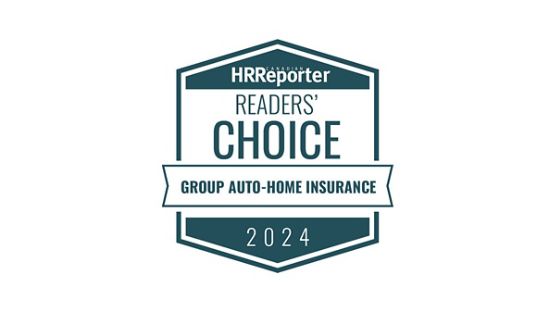
Canadian HR Reporter Readers’ Choice
Awarded Group Home-Auto Insurance winner

Insurance Business Canada 5-Star DE&I employer 2024
Recognized for fostering an inclusive environment where people can thrive regardless of their identities.
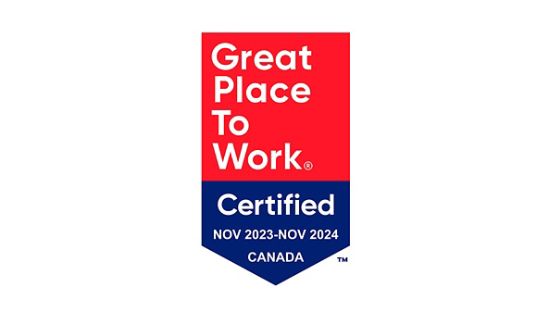
Great Place to Work
Certified as a Great Place to Work in Canada for 2024.
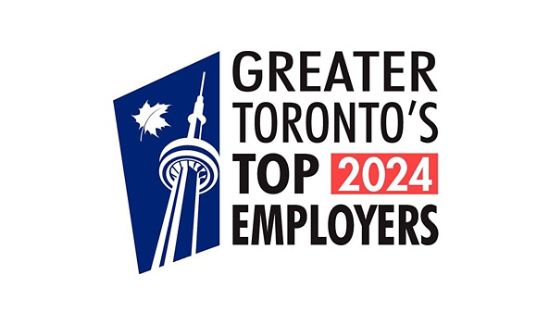
Greater Toronto Top Employer
Named a Greater Toronto Top Employer for 2024
Click here to see why we were chosen.
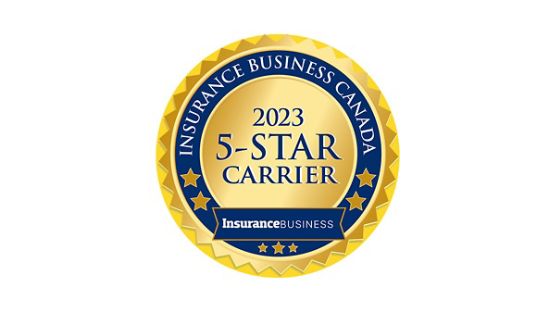
Insurance Business Canada 5-Star Carrier 2023
Awarded 5-Star Carrier winner in product innovation, range of products and overall service level.

Toronto Star Readers’ Choice 2023
Named Best Insurance Company (Gold)

Canadian HR Reporter 5-Star Diversity, Equity and Inclusion Employer 2023
Awarded 5-Star DE&I Employer for outstanding efforts to create a workplace culture where people can be themselves and thrive.
Insurance brokers, the right choice for you
Get expertise for your insurance needs from coverages, pricing options, claims support and discounts








